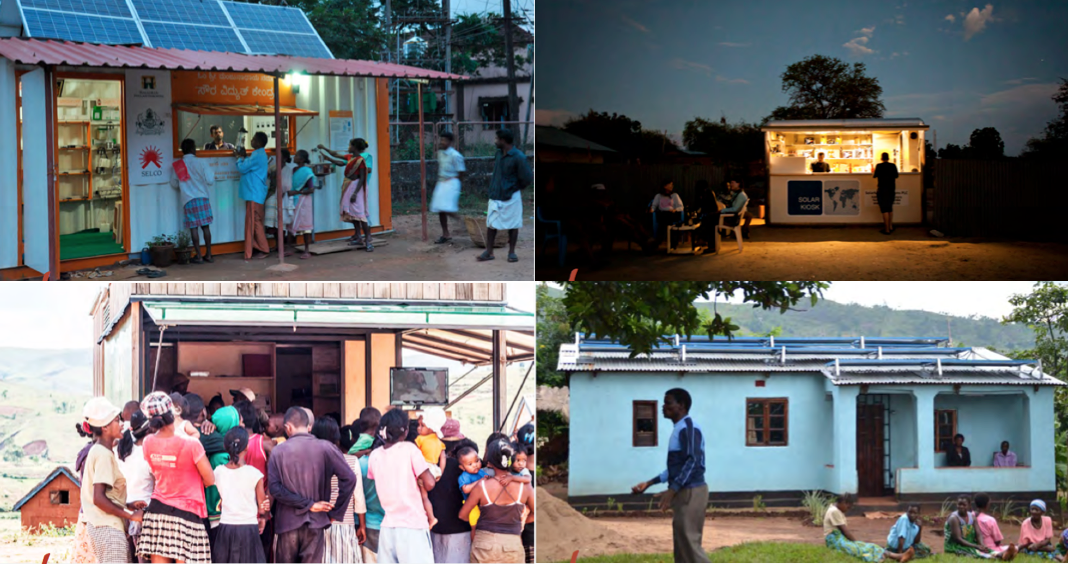The inconvenient truths about inclusive business models
You may have heard of energy kiosks as a way to bring affordable clean energy to rural communitiess off the grid. We at Endeva have helped to set up some of these businesses. We have also written quite a bit about it. What we never told you: we are not sure this business model works on a purely commercial basis. Yes, the kiosk operators make money and they pay a franchise fee. But the heavy investment into the kiosks themselves is financed by "patient capital", very patient capital. This is a systematic challenge all energy kiosk businesses face today.
But there is a broader issue here. While there is a lot of talk in the inclusive business space about the need for innovative business models, business models are rarely analyzed as such. We have a lot of case studies of individual businesses. Some of them provide a very detailed and critical account of the approach taken and the results achieved. Many are optimistic celebrations of a good idea. We also have solid research on many sectors and solutions within these sectors, and Endeva has no small share in building these insights. But what can we really say about the business model of providing micro-irrigation systems to smallholder farmers, or optician services and affordable glasses in rural areas, or housing finance for low-income households? While no business is alike, businesses that address the same issue with a similar approach usually face similar challenges and find replicable solutions. Learning about solutions others have found can save businesses a lot of time and money. It’s a way to learn from failure without having to make every mistake yourself.
We decided to deep-dive into the energy business model. In addition to concrete solutions to common challenges, we discovered three future strategies towards financial sustainability. In the "business-to-business" approach, companies sell kiosk infrastructure to NGOs or governments, who then operate the kiosk. In the "retail hub" approach, energy kiosks extend their portfolio of products beyond charging services to increase their revenues. Others, finally, downsize their approach to a “business-in-a-box”, allowing local operators to step in. You can find out the details in our paper "The Energy Kiosk Model".
This pilot has proven the value of the business model deep dive. We are now working on other issues for the "Inclusive Business Model Library". With this effort, we hope to inspire replication and accelerate innovation. Models on our list include, among others: mini grids, water kiosks, rural health franchises, and prefabricated housing modules. For each issue, we look for partners with deep expertise and experience. We invite you to join us in this effort!
Photo credits (clockwise from to left): Selco, Solarkiosk GmbH, HERi, BBOXX
